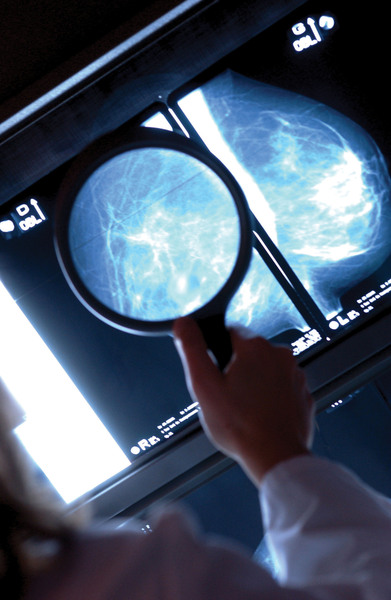More and more, the first stop for a woman newly diagnosed with breast cancer is the chemotherapy ward rather than the operating room. That’s because doctors have shifted toward offering ‘neoadjuvant’ therapy, treatment given prior to surgery to reverse or stabilize tumor growth. After this pretreatment, increasingly there are cases in which, during surgery, the removed breast tissue and surrounding lymph nodes show no signs of cancer, a situation known as ‘pathological complete response’, or pCR. To keep pace with this trend, the US Food and Drug Administration (FDA) is moving toward issuing final guidance on the use of pCR as a clinical trial endpoint for accelerated approval of drugs given ahead of breast cancer surgery to reduce—or obliterate—tumors.
The move, which is expected to come by the end of 2013 and perhaps as early as this summer, would mark the first time pCR, rather than overall survival or disease-free survival, could be used as an endpoint for regulatory approval. And the change, the FDA says, would mean that positive results from shorter, smaller studies could get promising breast cancer drugs to market sooner than is currently possible…..







